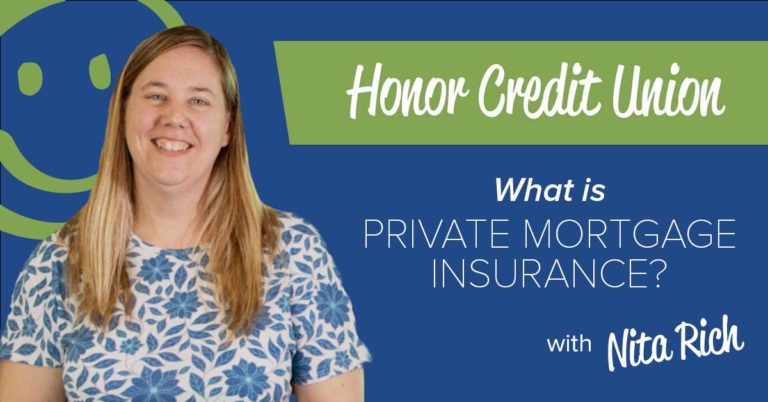December 12, 2022
If you’ve followed the housing market over the past year, you’ve likely noticed an increase in interest rates. This hike in the cost of borrowing money is causing some buyers to wonder if a balloon mortgage could offer a more affordable alternative to a conventional loan. With lower interest rates and monthly payments, it’s a question worth asking.
What Is A Balloon Mortgage?
A balloon mortgage is a real estate loan with an initial period of lower or standard monthly payments followed by a large one-time payment of the remaining balance at the end of the term.
- Initial Period – The term of a balloon mortgage is usually shorter than a conventional mortgage, with options typically ranging from 5 to 10 years.
- Payments – Payments vary based on the lender. For example, some lenders set payments based on a 30-year payment schedule so that you are paying down the balance the same as a 30-year mortgage. Other lenders may set the payment as interest only, where you are not paying anything towards your loan balance.
- Lump Sum Balance – At the end of the initial period, the remaining loan balance is due in a lump sum, known as a balloon payment. Unless you are selling your home or can afford to pay the lump sum balance, you will need to refinance the remaining amount due.
Note: It’s important to know that a refinance is a new loan, not an existing loan extension, requiring a new underwriting process and associated closing costs. Some lenders offer a loan extension, which can be a simpler process than refinancing.
- Lower Interest Rates – Interest rates are often lower for balloon mortgages when compared to conventional mortgage options, providing a compelling reason for some buyers to consider them a funding possibility.
Learn More: Learn more about the low mortgage rates and term options available at Honor
When Should You Consider a Balloon Mortgage?
- Short-Term Ownership – If you expect to stay in your home for a short period of time, a balloon mortgage might make the most sense. The lower monthly payments offer a more budget-friendly option, especially if you plan to sell the home before the balloon payment is due.
- Property Not Qualified for Conventional Financing – If the home you are buying has characteristics that aren’t acceptable for standard financing, a balloon mortgage may be a better fit.
- Betting on Better Rates or Better Credit – If you’re counting on interest rates dropping or your credit score rising, a balloon mortgage offers a temporary solution for home ownership. You can take advantage of the smaller monthly payments now, hoping you’ll refinance into a more favorable option once rates have dropped or your score improves.
Note: It’s important to know that a refinance is a new loan, not an existing loan extension, requiring a new underwriting process and associated closing costs.
What Are The Risks?
While the lower interest rates and monthly payments that come with balloon mortgages may work better for some buyers, this type of loan does come with some risk.
- What if you can’t sell or refinance? If the housing market takes a turn for the worse, you might find it challenging to stick with the original plan of selling or refinancing before the large final payment. In this scenario, you may find yourself stuck with a large lump sum you’re unable to pay.
- What if you can’t pay the balance? When considering a balloon mortgage, it is important to check with your lender to see if a loan extension program is offered once the balloon comes due. That can be a suitable solution that extends the term of your loan. If that is not offered and you can’t pay off the balance as planned, the remaining options may be less-than-ideal, ranging from refinancing at a higher rate and higher monthly payment to loan default.
How Do I know If a Balloon Mortgage Is Right For Me?
We understand everyone’s situation is different. We’d love to hear your story and help you figure out what type of Honor home loan makes the most sense. Together, we’ll find a solution that fits your financial plan for now and the future. Contact one of our local mortgage experts to start a conversation today!
More To Explore

Your Guide To Short-Term Home Mortgage Loans
The most common term for a home loan is 30 years, but a short-term mortgage might be worth looking into

Should You Build Or Buy a House? Consider These Things
We’ve outlined the essential pros and cons to consider before purchasing, or building your new home so you can decide

How Gift Funds Can Help You Buy a House
A gift fund can help with the financial burdens that come with buying a house, but there are some important

VIDEO: What Is Private Mortgage Insurance (PMI)?
Learn what Private Mortgage Insurance (PMI) is, and why some buyers are required to have it and others aren’t.



